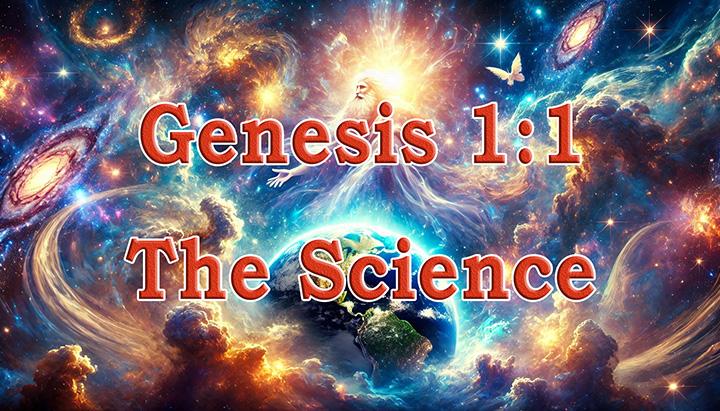Jim Meulemans is a devoted follower of Jesus Christ, a loving husband, a father of nine, and a proud grandfather of eight. He is actively involved in his local church and is passionate about serving others professionally and spiritually.
With a career spanning cloud services, cybersecurity, and commercial banking, he has always been dedicated to helping people in meaningful ways.
Jim volunteers in Bible study programs for prison inmates, teaching them about God’s forgiveness, grace, and redemption. Through these studies, he helps prepare individuals for successful reentry into society by focusing on biblical principles such as forgiveness, compassion, and self-reflection.


